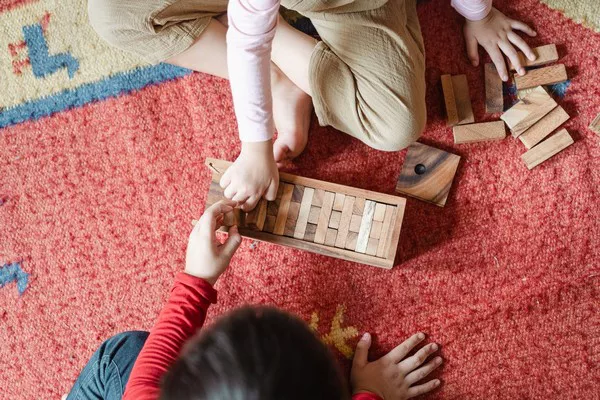Middle children are often portrayed as rebellious and difficult to handle. However, is there any truth to this stereotype? In this article, we’ll explore the relationship between middle children and rebellion, and discuss the factors that may contribute to this perception.
Birth Order and Personality:
Birth order can play a role in shaping personality traits, including rebellious behavior. Middle children are often caught between the attention-seeking first-born and the attention-receiving youngest child, which can lead to feelings of neglect and a desire to stand out. However, it’s important to note that birth order is just one factor that can influence personality, and not all middle children will exhibit rebellious behavior.
Parenting and Environment:
Parenting and environmental factors can also contribute to the perception of middle children as rebellious. Middle children may receive less attention or resources than their siblings, which can lead to feelings of frustration and a desire to rebel. Additionally, the family environment may play a role, with middle children feeling caught in the middle of conflicts between their siblings or parents.
Other Factors:
It’s also important to consider other factors that can contribute to rebellious behavior, including genetics, peer influence, and cultural factors. These factors may interact with birth order and parenting to shape a child’s behavior.
Strategies for Addressing Rebellious Behavior:
If you are the parent of a middle child who is exhibiting rebellious behavior, there are strategies that can help. Providing individual attention and resources to your middle child can help them feel valued and reduce feelings of neglect. Additionally, creating a supportive and consistent family environment can help reduce conflict and encourage positive behavior.
Moving Beyond Stereotypes:
It’s important to remember that stereotypes are just that – generalizations that do not apply to everyone. While middle children may have a reputation for rebellion, it’s important to approach each individual as unique and complex. By understanding the factors that contribute to behavior, parents and individuals can work to move beyond stereotypes and create positive and fulfilling relationships.
Middle children may have a reputation for rebellion, but this stereotype is not necessarily true for every individual. Factors such as birth order, parenting, and environment can play a role in shaping behavior, but it’s important to approach each person as unique and complex. By understanding the factors that contribute to rebellious behavior, individuals and parents can take steps towards creating positive and fulfilling relationships with their middle children.





























